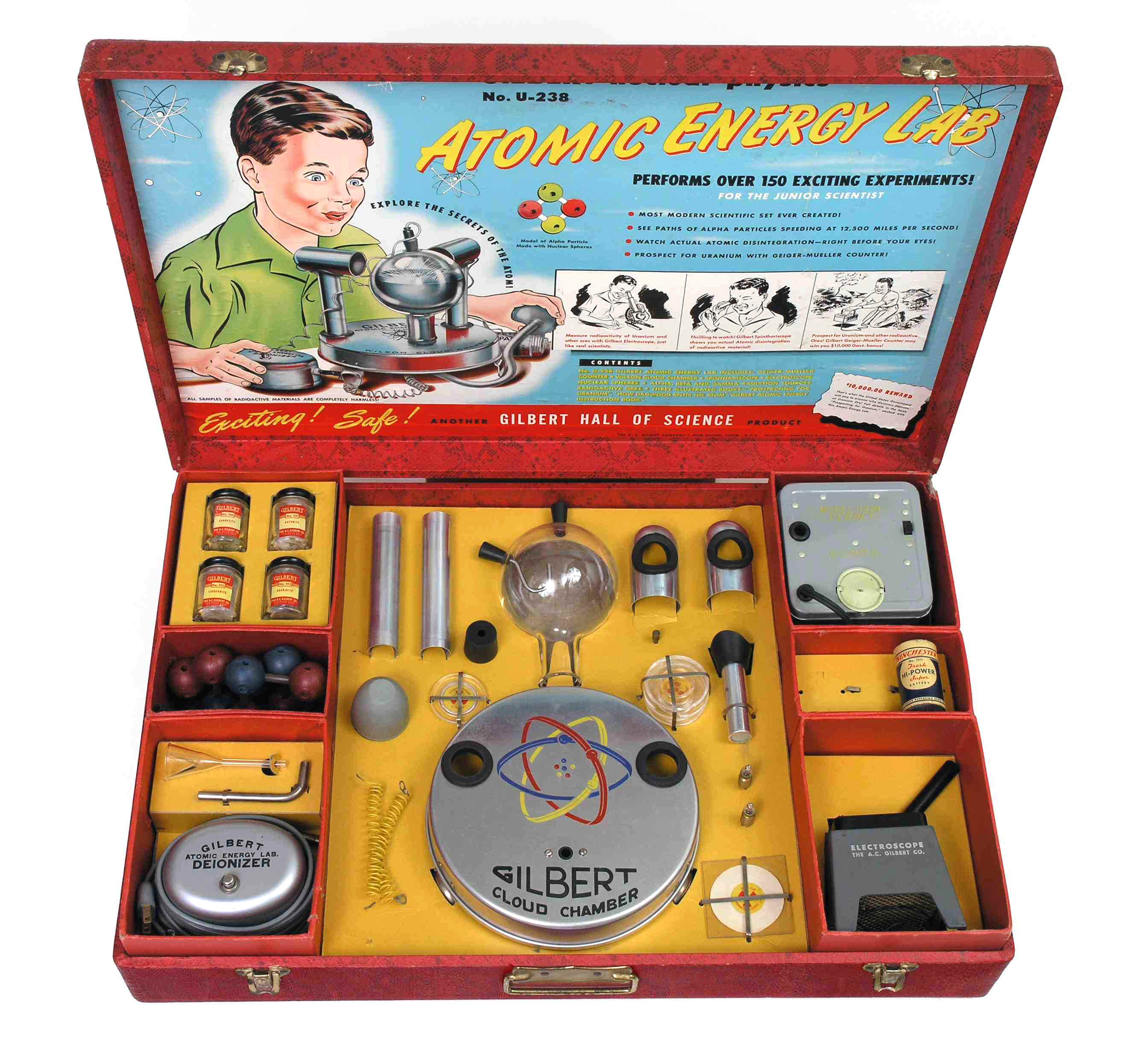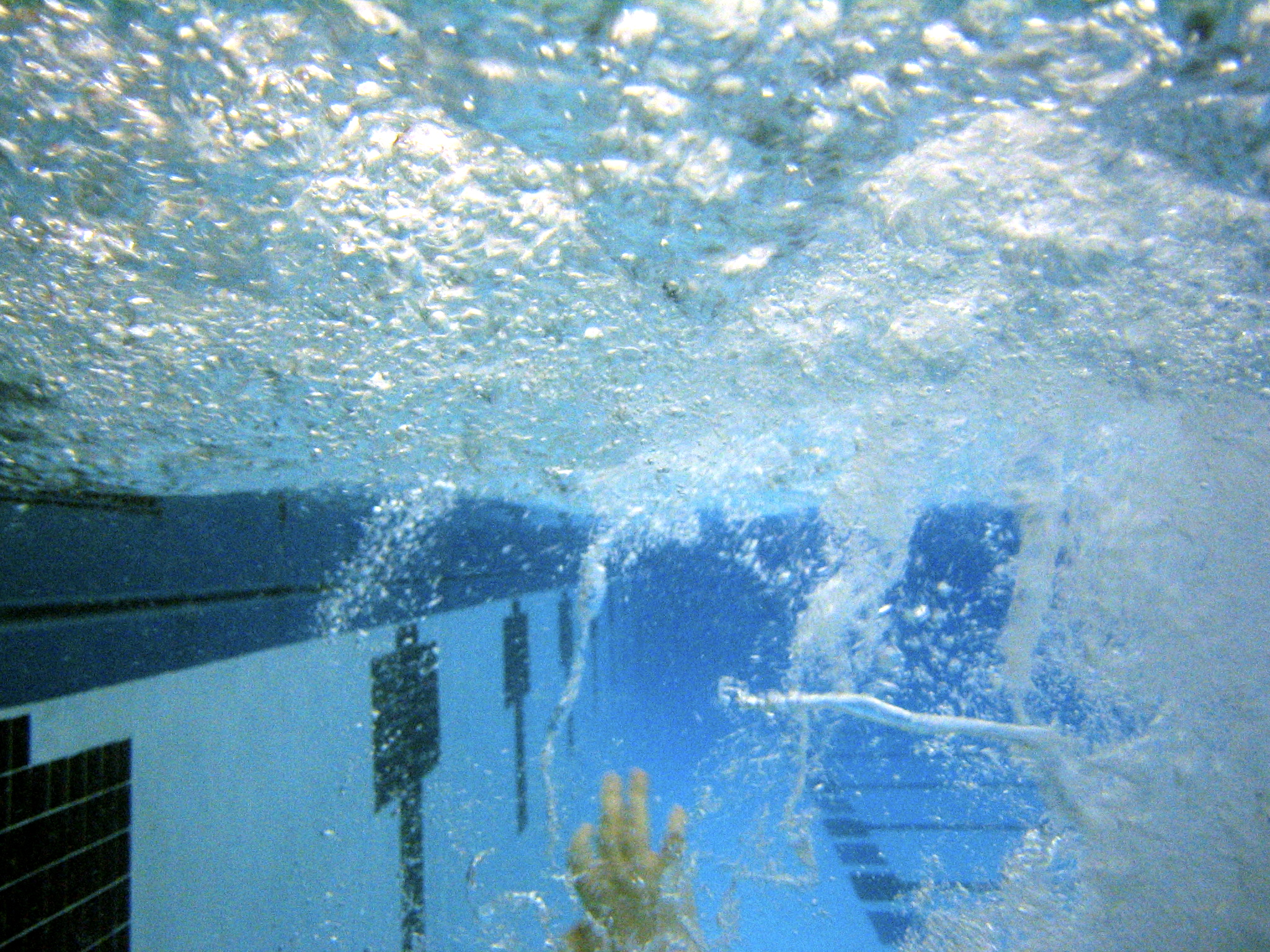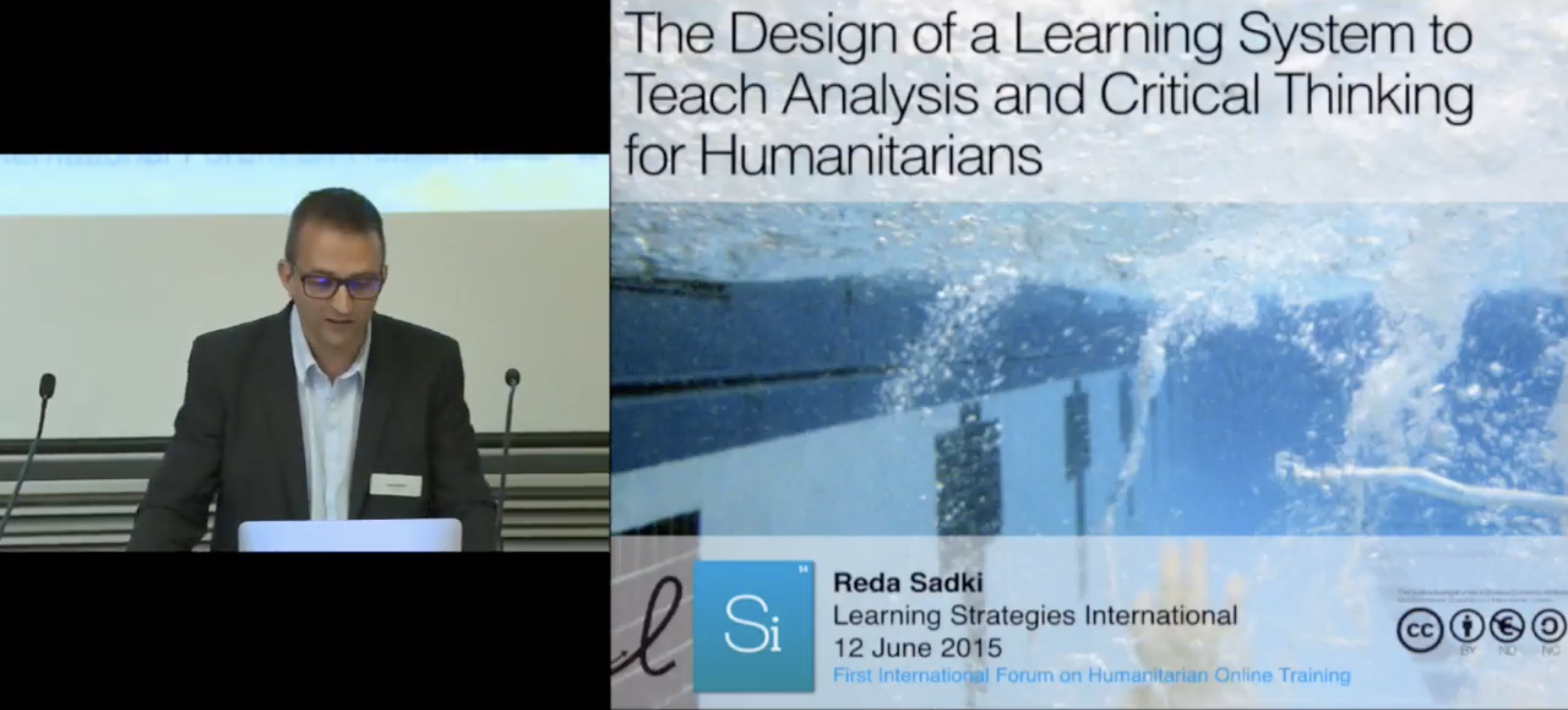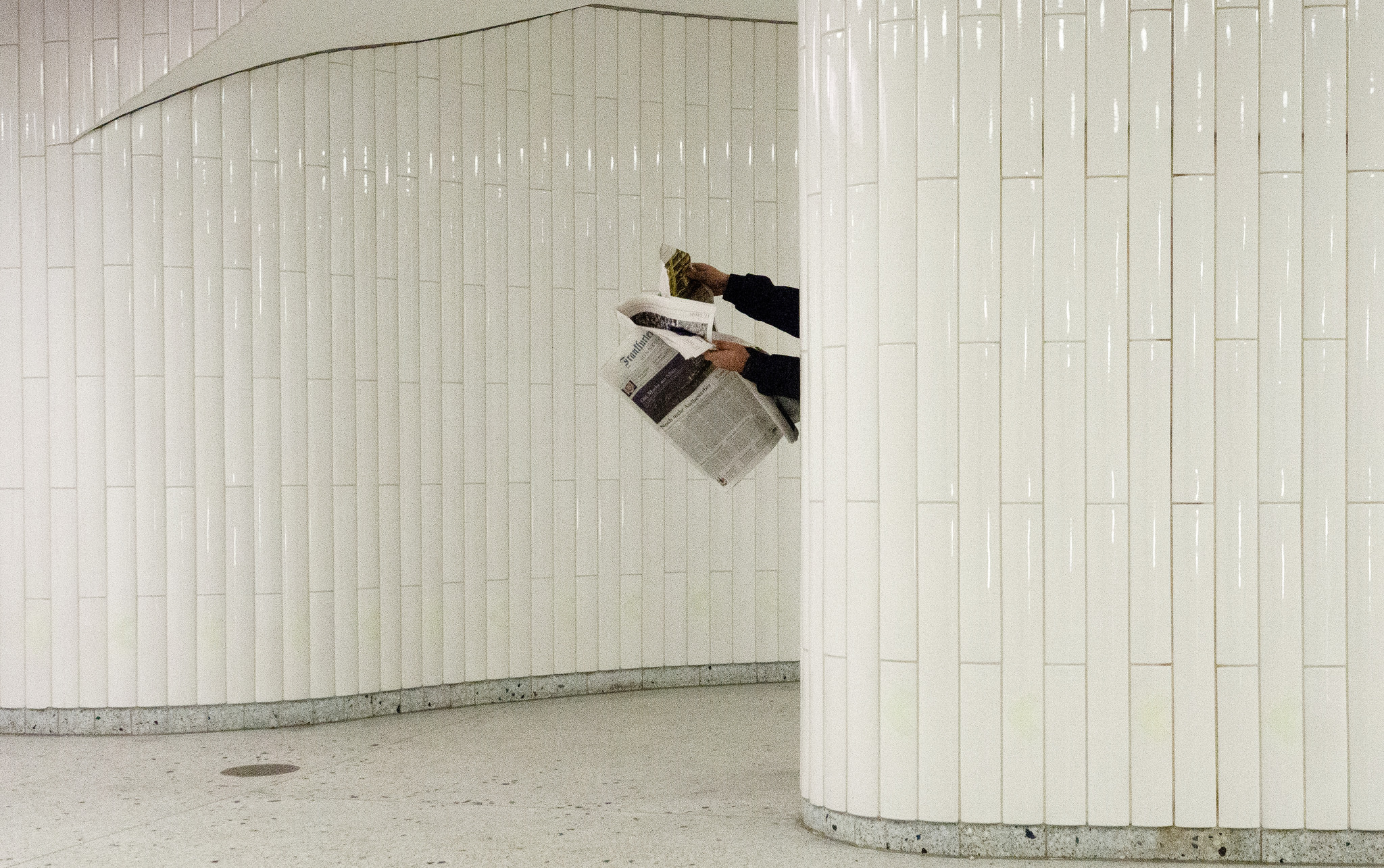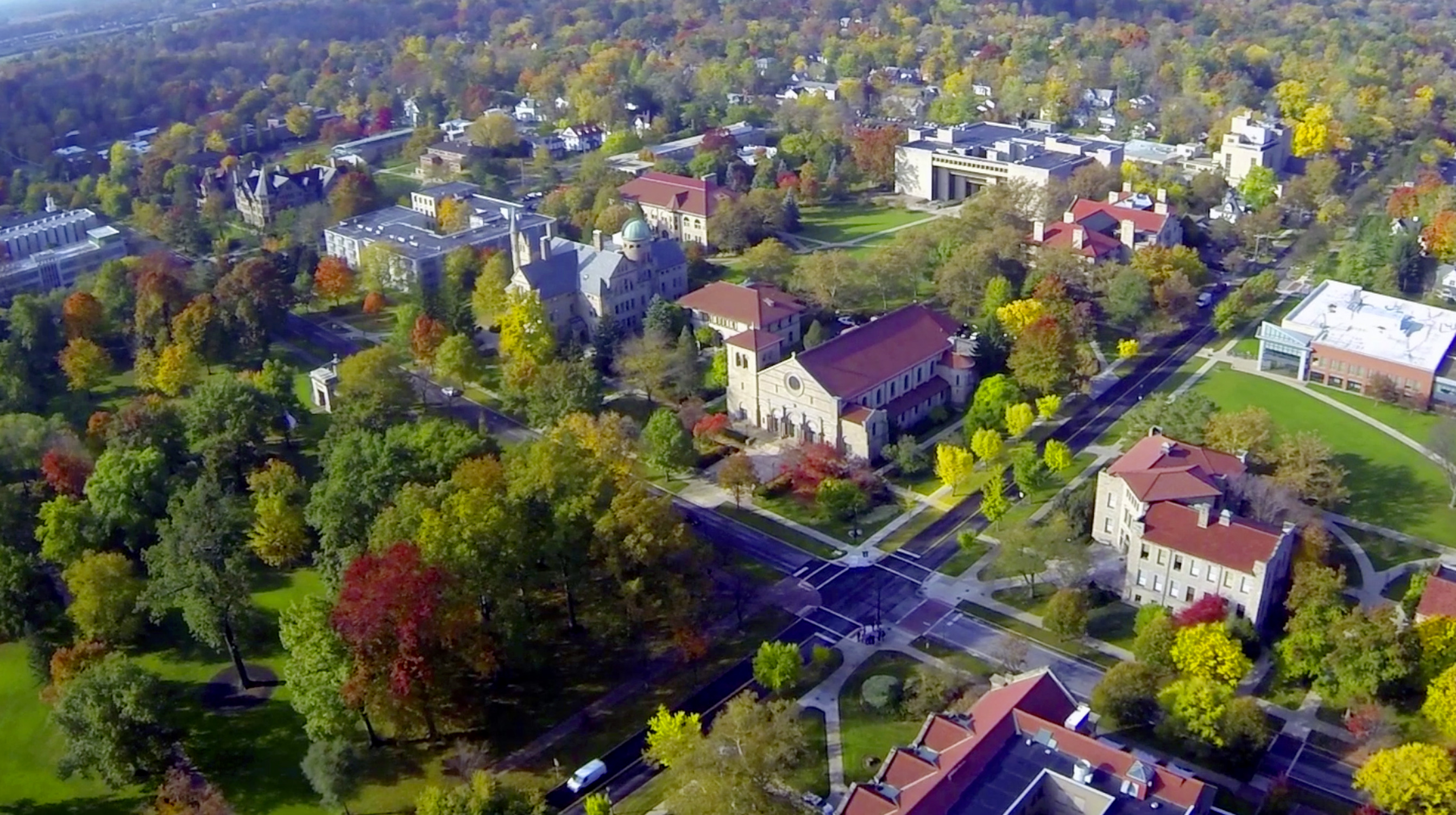
So I’m reading John Henry Newman’s The Idea of a University, which begins by asserting that the university “is a place of teaching universal knowledge”. I’m fascinated by the historical context (Catholicism in Protestant England), by the strength and substance of the ideas, and by the narrative style of carefully-constructed arguments.
